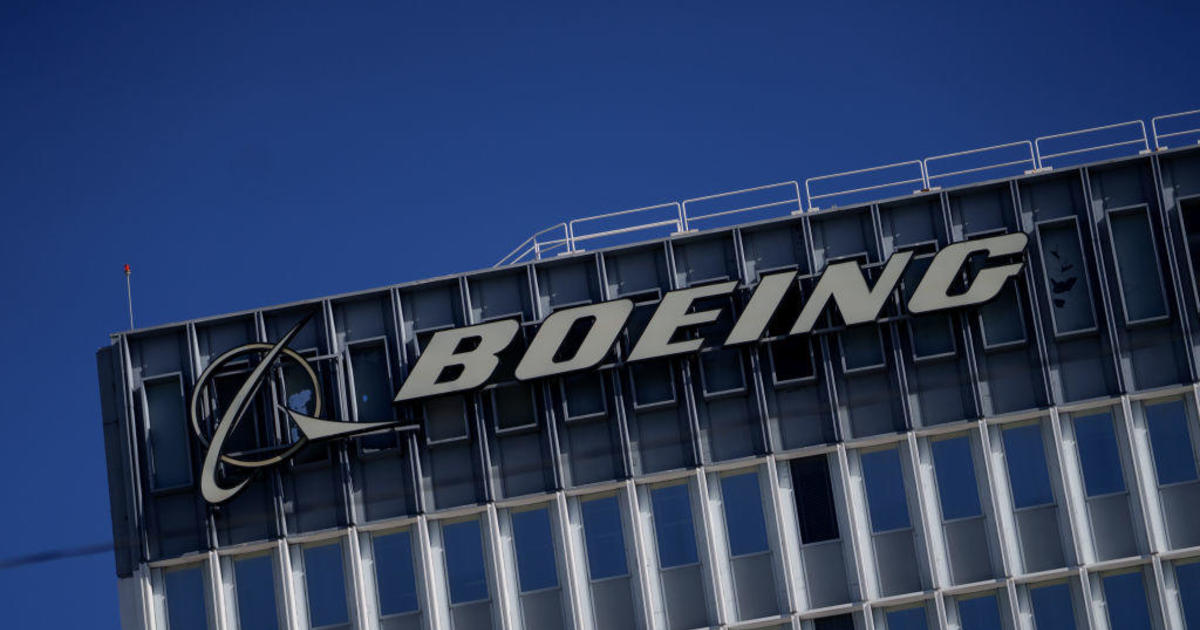
Boeing whistleblower John Barnett died by suicide, police investigation concludes

An extensive law enforcement investigation has determined the cause of Boeing whistleblower John Barnett’s death was suicide, according to documents released Friday by the Charleston Police Department.
Barnett had been in Charleston, South Carolina, giving testimony in his whistleblower case against the embattled aerospace company, when on March 9 he was found dead from a gunshot wound in his car in the parking lot of his hotel. He was 62.
An initial investigation by the county coroner had concluded Barnett’s death was an “apparent” suicide, but police said they would continue to investigate after requests from Barnett’s family and attorneys. Barnett’s death fueled speculation on social media that foul play may have been involved.
told CBS News in April she holds the aircraft manufacturing giant responsible for the grinding treatment that ultimately left her son despondent.
“If this hadn’t gone on so long, I’d still have my son, and my sons would have their brother and we wouldn’t be sitting here. So in that respect, I do,” Stokes said when asked if she places some of the blame for her son’s death on Boeing.
John Barnett worked at Boeing for 32 years, the last seven of which he served as a quality manager. He became a whistleblower at the South Carolina factory that builds the 787 Dreamliner. He resigned from the company in 2017, citing job-related stress.
Over that time, he developed concerns about the way the company was operating. Before resigning, he filed an administrative complaint with the Occupational Safety and Health Administration. The agency said it had no reasonable cause to believe Boeing violated whistleblower laws. He then filed a lawsuit in 2021, alleging a litany of safety concerns. Among them: stray titanium shavings falling into electrical wiring, defective oxygen tanks, and managers urging him to cut corners.
Rodney Barnett said his brother told him that rather than address his concerns, the company subjected him to retaliation for speaking out, alleging that he was “embarrassed at meetings; he would be called out.” Rodney said his brother was not the type of person to back down.
“He thought of himself as trying to do the right thing. And that’s what bothered him, that nobody would listen as to what was going on there,” Rodney Barnett told CBS News.
Boeing did not immediately respond to a request for comment, but last month told CBS News it had reviewed and addressed quality issues that Barnett raised before he retired in 2017. The company said in a statement: “We are saddened by Mr. Barnett’s passing, and our thoughts are with his family and friends.”
For years, Barnett had been pressing his whistleblower retaliation lawsuit against Boeing. As part of their investigation, police investigators obtained Barnett’s medical records, as well as cellphone communications, which showed he “suffered from numerous mental health issues related to the whistleblower case” and those issues were “exacerbated” when he had to participate in the legal process.
Barnett’s family has told CBS News they are trying to carry on John Barnett’s whistleblower case, which is expected to head to trial in September.
If you or someone you know is in emotional distress or a suicidal crisis, you can reach the 988 Suicide & Crisis Lifeline by calling or texting 988. You can also chat with the 988 Suicide & Crisis Lifeline here.
For more information about mental health care resources and support, The National Alliance on Mental Illness (NAMI) HelpLine can be reached Monday through Friday, 10 a.m.–10 p.m. ET, at 1-800-950-NAMI (6264) or email [email protected].
Michael Kaplan
Source: cbsnews.com